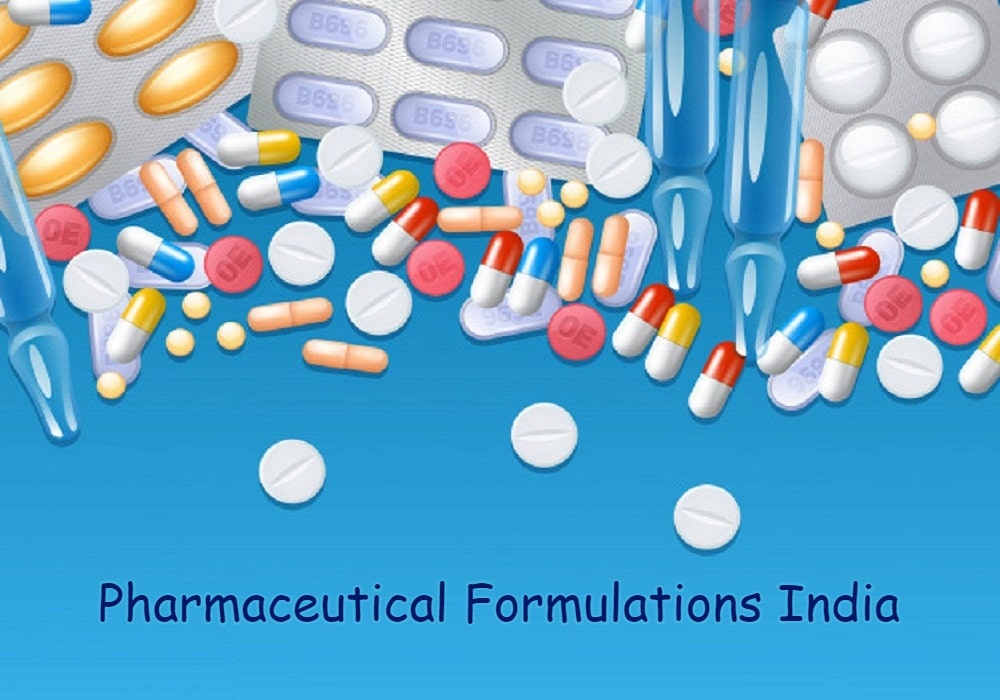Pharmaceutical formulations in the pharmaceutical industry refer to the end medicinal product that is a result of combining active pharmaceutical ingredient (API) with other chemical substances. The chemical substances for a specific formulation might vary in component type and measure.
However, a complete and final formulation for a specific type of drug or pharmacy product is achieved by having an in-depth study and analysis. This is necessary so that patients find it extremely normal and stable to consume a drug at the time of medical need.
Factors considered during pharmaceutical formulations:
Newly setups of pharmaceuticals manufacturing companies must know what are the factors that contribute to pharmaceutical formulations in India. They are:
- Properties – The chemical, physical and mechanical properties of the drug play a key role in formulating them without any unwanted effects.
- Other properties – Other properties include considering solubility criteria, pH value, polymorphism properties of the drug and mainly the size of the particle.
- Additives – A few drugs also require inactive additives to balance the formula
- Effectiveness – Another highly essential factor is the effectiveness of the drug that should be seen in phase I clinical trials
- Stability – Stability is fairly necessary to ensure safety and prevent ill effects, therefore calls for conducting stability tests.
- Preservation and storage – Some formulations tend to can react with metallic containers. There must be in-depth knowledge about the storage & preservation of the drugs based on how they are formulated.
Types of Formulations
The type of formulations for pharmaceutical products in India is dependant on the mode of administration.
· Topical Formulations
These are drugs designed in a form that can be either inhaled or applied to the affected skin (also known as the cutaneous form). The cutaneous form of drugs involves gels, creams, ointments, pastes and powders.
· Parenteral Formulations
There are either formulated into a liquid or a lyophilized form, mainly when they are unstable. Such drugs are typically administered intravenously or through intramuscular, subcutaneous, intra-articular administration. The liquid form of drugs under this category type is preserved using vials, pre-filled syringes, ampoules or IV bags. The lyophilized form of drugs is preserved in cartridges, pre-filled mixing systems, dual camber syringe and vials.
· Enteral Formulations
These are usually structured into a tablet or a capsule. However, they can also be available in a consumable powdered form enclosed in a sachet. A tablet form is formulated in such a way that it either provides immediate effectiveness or sustained release. Capsule form on the contrary has a gelatinous covering on the outside, that encloses and protects the active substance within. As a result, the covering causes a slight delay in absorption for hours as required or offer absorption in a sustained and rapid way for the same dose.
It is highly important that all pharmaceutical manufacturers in India adopt to GMP to maintain quality of their formulations. When the industry promises quality that matches the international GMP, pharma exports from India will continue to boost the nation’s economy. With proper adoption to regulatory standards, not only will the exports increase for more profits but will also generate higher foreign revenue for the industry.

